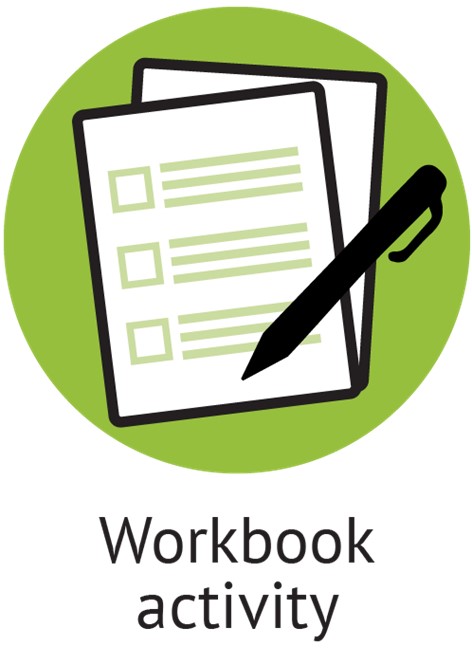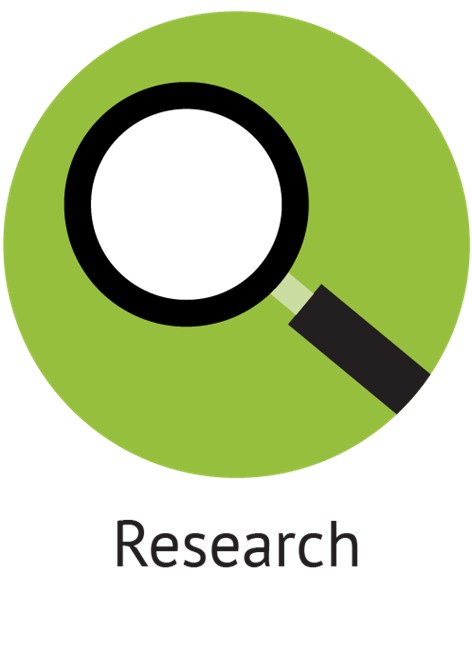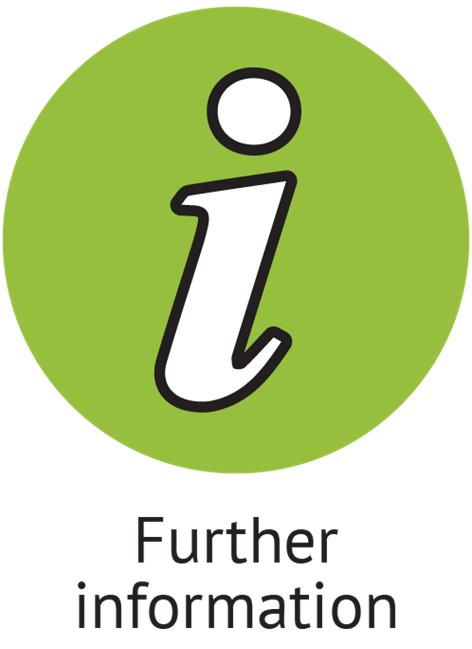Module 14 - Tracking Your Research Impact
Tracking Your Research Impact
Within academia, it is becoming more and more important to be able to track your research impact. The easiest way to do this is to have your author profiles (discussed in Module 12.2 Author Profiles) up to date and linked to institutional repositories and databases. Here we will outline what types of measures you are able to track to see the impact your research is having both within academia and beyond.
Learning outcomes
Upon completion of this module, you will be able to:
- Understand and contextualise the different metrics for tracking Academic Impact
- Identify the Academic Impact metrics relevant to your research area
- Research Altmetrics and consider how they will be useful during your candidature
- Research and reflect on strategies you can use to engage with non-academic stakeholders
Complete Module 14 Self-evaluation before proceeding.
Download Workbook and Additional Resources here
14.1 Academic Impact
Academic impact refers to the impact your research is having within the world of academia and how your research is directly impacting other research. The measures of these are often referred to as bibliometrics (metrics for short).
Whilst there is strong cross-over, disciplines are often seen as citation based or non-citation based in regards to the potential metrics, and thus impact, a research output may have.
Common citation based measures include, but are not limited to:
- Total number of research outputs by an author
- Total number of citations for an author (h-index)
- Citations per article
- Journal Impact Factor
- Field-weighted Citation Impact (for Scopus indexed journals) and Category Normalized Citation Impact (for Web of Science indexed journals)
- The amount of libraries that have a copy of your book or book chapter
Common non-citation based measures include, but are not limited to:
- Total number of research outputs by an author
- Prestige of the publisher
- Invited reviews and editorials
It is advised that you speak with your supervisor, peers, and librarians about academic impact measures and which are suitable for your disciplines. These are also something to consider when selecting a publisher for your research outputs, see Module 12 (Publishing)
Go to metrics-toolkit to learn more about different types of metrics and how to track them.
14.2 Altmetrics
Altmetrics are "alternative metrics" that can be applied to academic work to track how an academic research output is being perceived outside of academia's traditional citation practices. Altmetrics track the quantity, not the quality, of potential academic impact.
Altmetrics can be useful for postgraduate students and early career academics who:
- Do not have a lengthy publishing record
- Have recently released publications
- Want to engage with people beyond academia
- Want to know that their academic work is being spoken about in mainstream media, in policy documents, on social media, and in other contexts.
A commonly used Altmetric service is Altmetric.com
Altmetrics.com tracks where research outputs are attracting attention from the following:
- News sources
- Policy documents
- Social media platforms
- Wikipedia
- YouTube and
- Many more
It's also important to plan how you will engage in social media and know how types of impact you will track. This post from fast track impact gives some great pointers.
Go to What Are Altmetrics to learn more about Altmetrics, where to find them, and how to use them in your CV and grant applications.
14.3 Non-academic Impact
Non-academic impact can be referred to as Research Impact and is defined by the Australian Research Council as, "the contribution that research makes to the economy, society, environment or culture, beyond the contribution to academic research."
Tracking non-academic impact can be a little tricky, though it is important to be able to demonstrate.
Check out a publication released in 2019 by UNE academics, researchers, and PhD students about how they have tried to engage with stakeholders beyond academia and the rewards and challenges associated with this endeavor.
Knox, O. G., Osanai, Y., Polain, K., Pereg, L., Nachimuthu, G., Wilson, B., & Waters, W. (2019). Lessons from extension activity related to cotton rotation impacts on soil—A scientist's perspective. Soil use and management, 35(1), 141-149.
You are now ready to complete Module 14 Activities in your workbook.
Progress to Module 15 - Pathways and Training
Feedback
In order to improve this resource, please email us if you have any questions, comments, or feedback to SOL:AR






